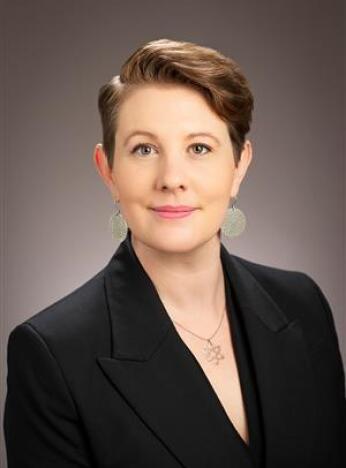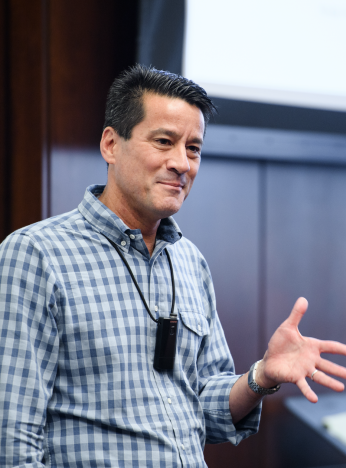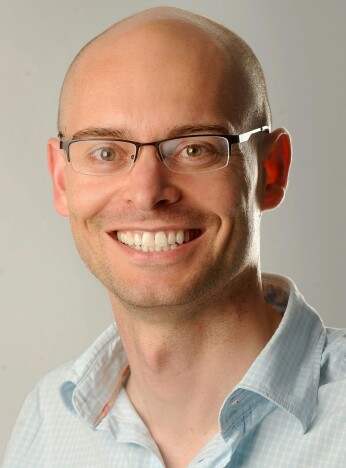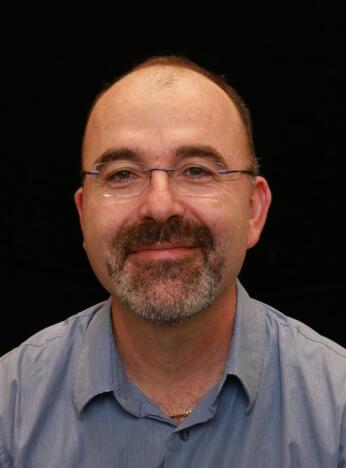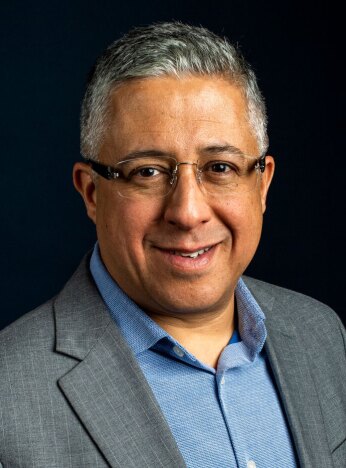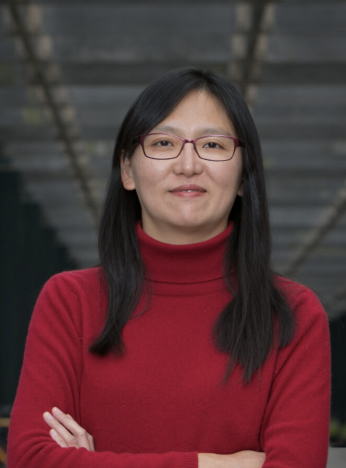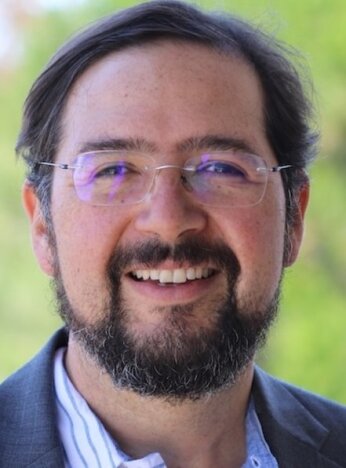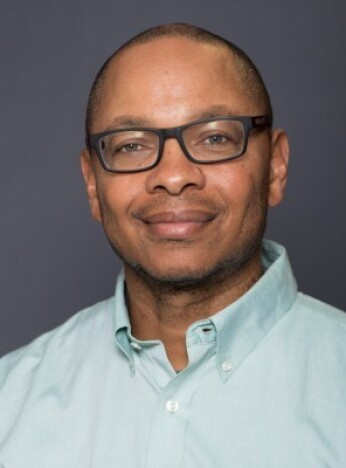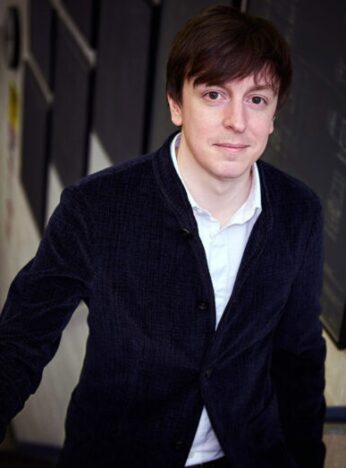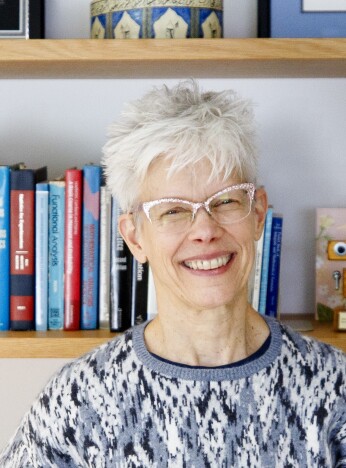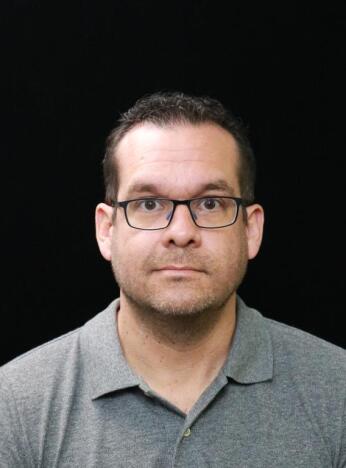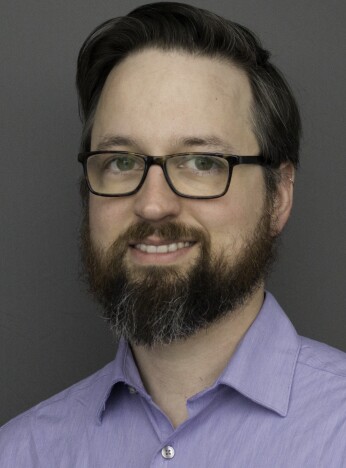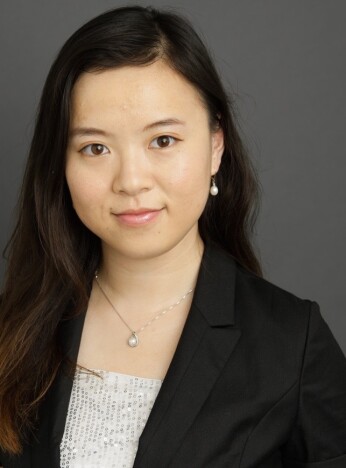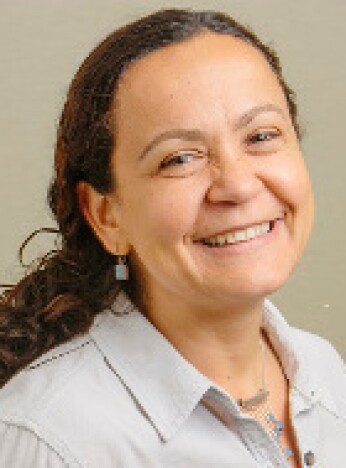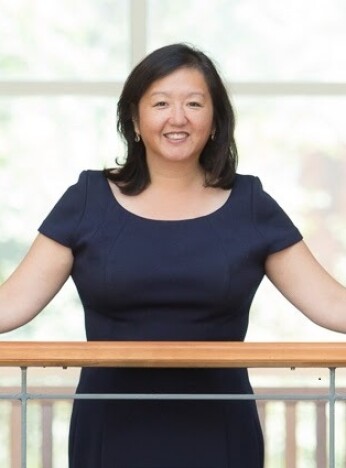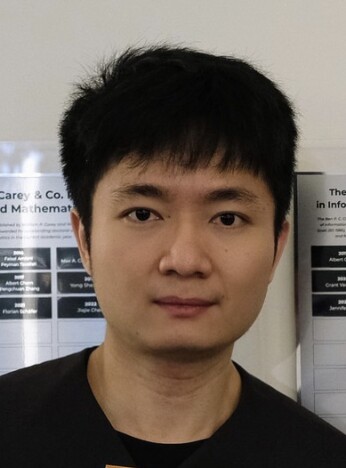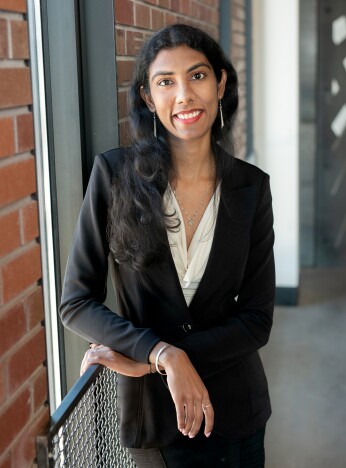Program overview
Learn how to transform research into real-world impact.
How it works
Scholars can work with Amazon on a flexible basis —including part-time arrangements or during sabbaticals — while maintaining their university positions. The program welcomes academics across career stages, from pre-tenure to senior faculty members.
Applications are accepted from academic experts in research areas including, but not limited to: artificial intelligence, machine learning, computer vision, natural language processing, data science, economics, optimization, quantum computing, robotics, statistics, sustainability, operations research, environmental science, and robotics.
Applications are accepted from academic experts in research areas including, but not limited to: artificial intelligence, machine learning, computer vision, natural language processing, data science, economics, optimization, quantum computing, robotics, statistics, sustainability, operations research, environmental science, and robotics.
Responsibilities
As an Amazon Scholar, you may:
- Advise business leaders on strategic plans
- Dive deep to solve specific technical problems in an organization's roadmap
- Advise junior researchers on methods
- Apply research methods to tackle complex technical challenges
Program requirements
Basic qualifications
- PhD in a relevant field or related discipline
- Current affiliation with an academic or research institution
- Research experience ranging from 5+ years (early-career) to 7+ years (established academics)
- Publications at top-tier, peer-reviewed conferences and/or journals
- Broad knowledge of applied mathematics and foundational understanding of algorithms and computational complexity
- Expert-level research analysis and technical leadership capabilities
- Expert knowledge in modeling and performance, operationalization, and scalability of scientific techniques
- Ability to independently lead research development and analysis in a fast-paced environment
- Proven track record of innovation and advancing the state of the art
- Experience leading technical research projects with multiple stakeholders
- Exceptional verbal and written communication and consensus-building skills
Research locations
Amazon Scholars have the flexibility to work from many locations often without being tied to a specific Amazon office. The Amazon Scholar program recognizes that an academic’s primary affiliation is with their academic institution; however this decision is individual to the needs of the hiring team.
Amazon also maintains research hubs in various locations globally. These hubs serve as centers of innovation and collaboration for those who prefer or occasionally need in-person interactions. Amazon's research hubs are located in multiple countries across North America, Europe, the Middle East, and Asia. For the most current list of research hub locations and to discuss specific work arrangements, please contact your Amazon representative during the application process.
Amazon also maintains research hubs in various locations globally. These hubs serve as centers of innovation and collaboration for those who prefer or occasionally need in-person interactions. Amazon's research hubs are located in multiple countries across North America, Europe, the Middle East, and Asia. For the most current list of research hub locations and to discuss specific work arrangements, please contact your Amazon representative during the application process.
How to apply
Academics interested in learning more about how their research may match the challenges, opportunities, and scale of Amazon are encouraged to reach out to academics-interest@amazon.com.
Please include:
Please include:
- Information about your research interests and current areas of work
- Relevant personal websites
- Your CV
Meet some of our Scholars
-
University of Illinois Urbana–Champaign
-
University of Pennsylvania
-
University of California, Berkeley
-
Georgia Tech
-
Northeastern University
-
University of California, Berkeley
-
Stanford University
-
Cornell University
-
Columbia University
-
Harvard University
-
Joint Quantum Institute
-
University of Washington
-
University of North Carolina at Chapel Hill
-
University of California, San Diego
-
University of Illinois, Urbana-Champaign
-
University of Maryland
-
Carnegie Mellon
-
University of Toronto
Related content
Learn more about the research our academics have worked on.
-
April 3, 2024Solution method uses new infrastructure that reduces proof-checking overhead by more than 90%.
-
April 1, 2024Caltech professor and Amazon Scholar John Preskill wins Bell Prize for applying both classical and quantum computing to the problem of learning from quantum experiments.
-
February 16, 2024Gift project and sponsored awards examine topics that range from improving 3D garment modeling to reducing false positives in code analysis.













